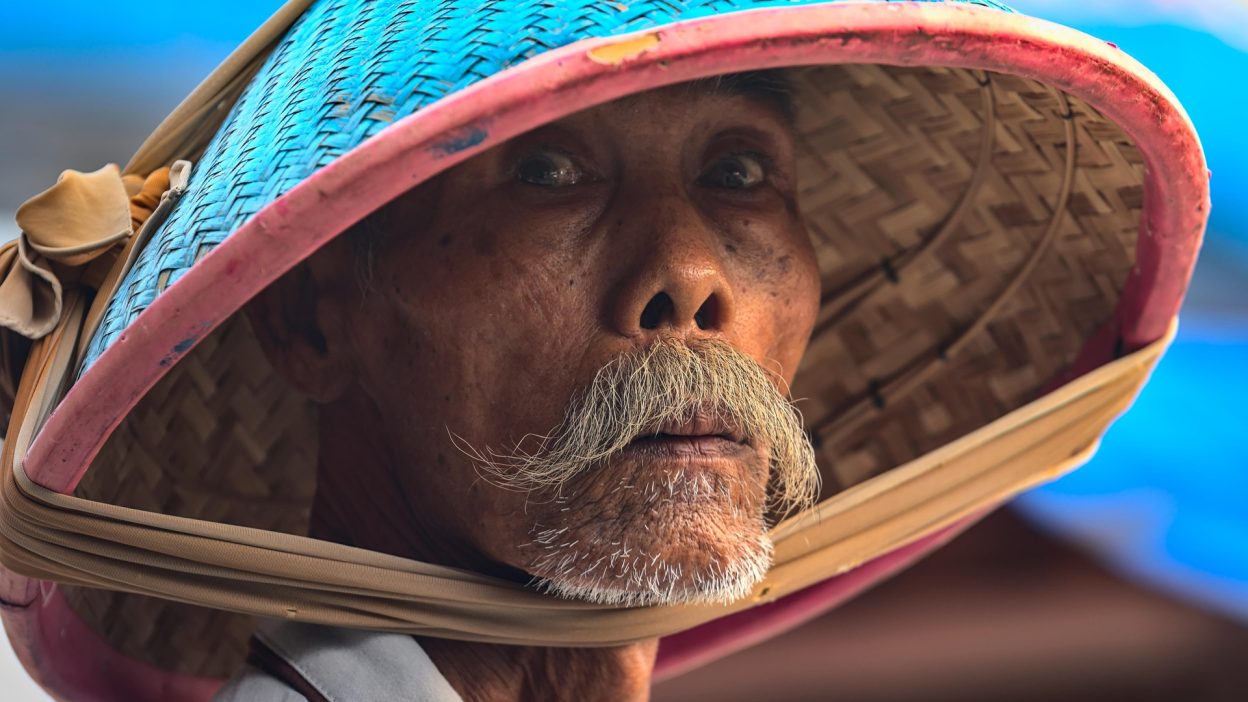Explore some of the most bizarre yet fascinating cultural customs and traditions from across the globe. From breaking porcelain before a wedding to sharing a birthday with the whole country, these strange facts will leave you in awe.
The world is filled with unique customs and traditions, some of which might leave you scratching your head in wonder. What’s considered normal in one country may be seen as utterly bizarre in another. From quirky wedding rituals to strange superstitions, this blog explores a range of fascinating practices that will not only surprise you but also deepen your appreciation for global diversity. So, buckle up as we take you on a journey through some of the most amazing cultural practices from around the world.
Main Points:
1. Breaking Porcelain in Germany: A Wedding Tradition
In Germany, there’s a wedding tradition called Polterabend, where guests gather the night before the wedding to break porcelain items such as dishes and flower vases. It’s believed that the loud noise symbolizes the clearing away of bad luck, and it also serves as a reminder to the couple about the importance of teamwork, as they have to clean up the mess afterwards. Interestingly, glass is the only material that should not be broken, as it is considered a symbol of happiness. What better way to begin married life than with the sound of broken porcelain?
2. A Moment of Silence Before a Trip in Russia
In Russia, before embarking on a journey, it’s customary to sit in silence for a few moments. This tradition stems from the belief that each house is protected by a spirit called the Domovoi, who dislikes when someone leaves. Taking a moment of silence is seen as a way to appease this spirit. Some even believe the Domovoi may give signs not to leave, such as knocking something over or whispering in your ear. This ritual may seem strange, but it’s a charming reflection of how deeply traditions can influence daily life.
3. Eating 12 Grapes for Good Luck in Spain
At the stroke of midnight on New Year’s Eve, Spaniards begin eating 12 grapes, one for each bell chime. This tradition is said to bring good luck for each of the coming months. However, there’s a catch: if you fail to eat all the grapes in time, it’s considered unlucky. Even more fascinating is the superstition that sweet grapes symbolise good months, while sour ones indicate tough times ahead. It’s a playful way to welcome the New Year, with an edible twist!
4. Waist Size Limits in Japan
Japan has an interesting law known as the Metabo Law, introduced in 2008, which sets a limit on waist size for citizens aged 40 to 74. Men are required to maintain a waist circumference of no more than 33.5 inches, while women’s waists should not exceed 35.4 inches. If someone exceeds these limits, they are encouraged to seek medical advice. While this might seem invasive, it’s part of Japan’s larger public health efforts to combat obesity-related illnesses. It’s a testament to how culture and legislation can merge to promote health and wellbeing.
5. The Cinnamon Challenge for Singles in Denmark
In Denmark, if you’re single and turn 25, you might face an unusual challenge: being showered in cinnamon! This tradition, which has been around for centuries, stems from the idea that unmarried spice traders, who often didn’t settle in one place long enough to marry, were often covered in cinnamon as a sign of their status. As if this weren’t enough, if you turn 30 and are still single, the cinnamon is swapped for pepper! Though the tradition can be seen as playful, it highlights how cultural practices can reflect societal expectations.
6. Hiring Strippers for Funerals in Taiwan
In Taiwan, hiring pole dancers or strippers to perform at funerals is a common practice. This tradition, which might seem morbid to some, is rooted in the belief that it helps appease wandering spirits. In some areas, it’s even considered a way to ensure a successful afterlife. The performances, which can cost up to $800, are still carried out today, with recent events seeing large parades of dancers for public figures. While unconventional, it’s a unique way of combining tradition and entertainment.
7. Special Currency in the Island of Mu
The small Polynesian island of Mu, a territory of New Zealand, is known for its amazing currency: coins featuring characters from Pokemon, Star Wars, and Disney. Imagine paying for goods with a coin featuring Darth Vader or Master Yoda! This quirky currency is legal tender alongside the New Zealand dollar, but it’s the themed coins that truly make Mu stand out. If you’re lucky enough to get your hands on one, they can even fetch a decent price online.
8. Time Travel? Not Quite – Ethiopia’s Calendar
While the rest of the world follows the Gregorian calendar, Ethiopia adheres to the Coptic calendar, which is seven years behind. Ethiopians celebrate New Year on September 11th and, at the moment, it’s not 2025 there but 2017. Their calendar consists of 13 months, with 12 months of 30 days and one short month of only five days. This time discrepancy might feel like stepping back into a different era, making Ethiopia a fascinating destination for those intrigued by alternative ways of measuring time.
9. Posthumous Marriage in France
In France, it’s possible to marry someone after they’ve passed away. Known as a posthumous marriage, this practice allows people to formalise a relationship with a deceased partner, a tradition dating back to World War I. The process is complex, requiring approval from the French president and the deceased’s family, but the ritual still exists today. It’s an emotional testament to love and commitment that transcends death, making it one of the most unusual and poignant customs in the world.10. Sharing a Birthday with Everyone in Vietnam
In Vietnam, birthdays aren’t celebrated on the actual date of birth but during the Lunar New Year, or Tet. Everyone in the country celebrates their birthday on this day, so in a sense, everyone shares the same birthday! The Tet festival, based on the moon cycle, falls between January 21st and February 19th, and the entire nation takes part in this cross-country birthday party. It’s a collective celebration that reflects Vietnam’s strong sense of community and shared heritage.




